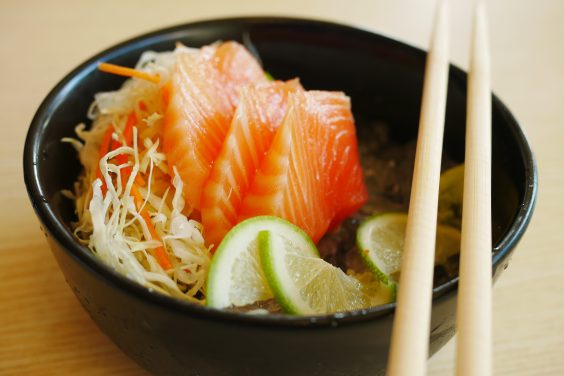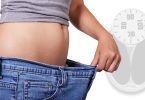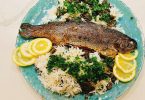Vitamin D is called the “sunshine vitamin” because direct sunlight helps our skin convert it to a form the body can use to protect our bone density and overall health.
But Vancouver is not a city known for its abundance of sunny days. Throw in the shorter days of late fall and winter, and the challenge to get enough vitamin D is even harder.
In December, for example, Vancouver receives only about 58 hours of sunshine. In July, we get 289 hours.
In other words, between summer and winter, we lose 75 per cent of sunshine hours.
We also know that leaving skin unprotected from UV poses other adverse health risks, mainly of skin cancer. Caught in this quagmire, it is no wonder that Canadians experience a 70-to-97-per-cent vitamin D insufficiency. Because of the high severity of this deficiency, diet alone cannot fix the gap. Most of us are deficient in vitamin D right now, studies have revealed.
Am I vitamin-D deficient?
Signs of vitamin D deficiency include osteoporosis (bone loss), which results in fractures and associated complications later on. Although there are conflicting results, studies have linked vitamin D to chronic-disease prevention, mainly through its interaction with the gut cells.
Most guidelines recommend 1000-2000 IU/day of vitamin D3 (this is an active form of vitamin D for best absorption) to restore blood levels back to normal.
As with all supplements, I encourage people to speak with their family doctor or health care professional before starting those specifically with vitamin D. Routine blood-test screening for vitamin D is not usual practice. So having a discussion about this with your doctor may help you decide if a supplement is right for you.
Don’t forget your diet!

As Hippocrates stated many centuries ago, “Let food be thy medicine…” and vitamin D is no exception. Although food and supplements may be needed to correct deficiencies in vitamin D, eating foods rich in it, such as salmon and other fatty fish, dairy, or fortified non-dairy beverages, can help in more ways than one to boost overall health and wellbeing.






